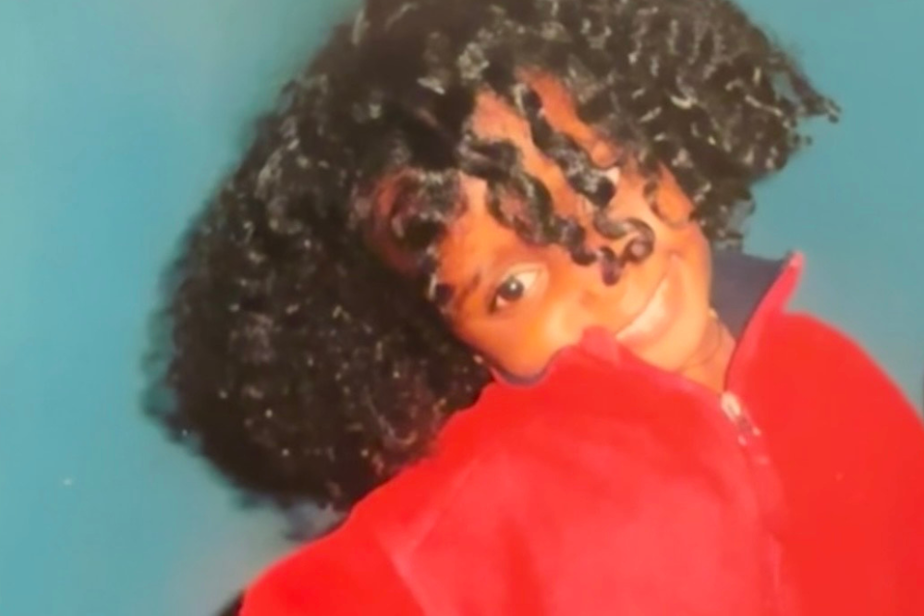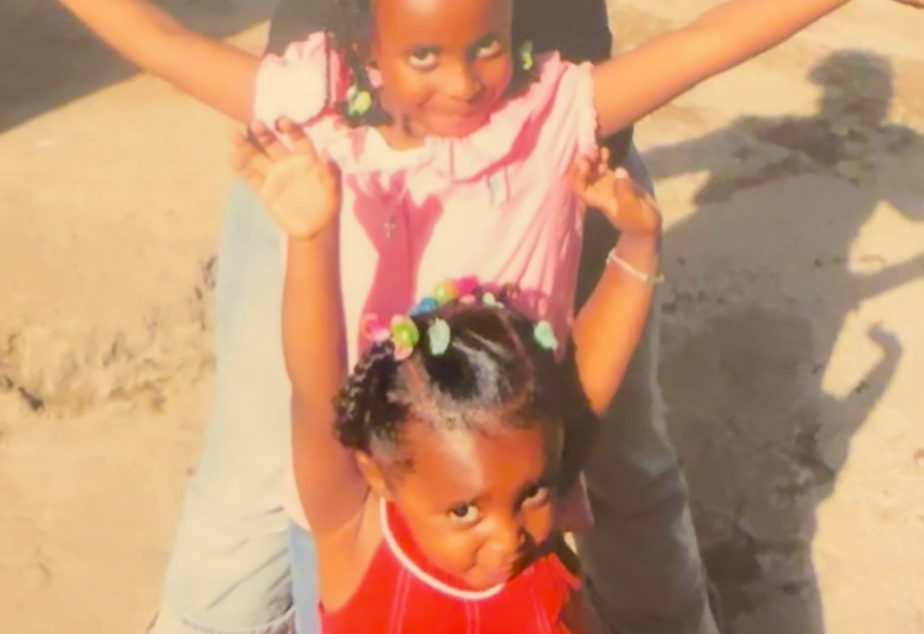'Joy and happiness was left behind': The true cost of the American Dream

When RadioActive's Rediet Giday was 3 months old, her family moved to the United States — without her.
[RadioActive Youth Media is KUOW’s radio journalism and audio storytelling program for young people. This story was entirely youth-produced, from the writing to the audio editing.]
F
or the first six years of my life, I lived in Ethiopia. My childhood consisted of street soccer, music, food, and "Tom and Jerry." Life was good — I was thriving in every way.
But at 6 years old, I imagined a life beyond the borders of my small village. I had dreams and aspirations of a life filled with opportunities, where education was accessible, and where I was home with my family.
When I was 3 months old, my family had decided to leave for America, but they left me behind.
Sponsored
That left me with so many questions raging from within. Why? What was it about America that compelled them to make such a sacrifice?
I dreamed of America, but the American Dream comes with a cost.
A world away, my sister, Bitaniya Giday, was thinking of me, too.
"I don't actually have any real memories of leaving Ethiopia. A lot of it is people telling me stories about what it was like leaving you, specifically," Bitaniya said. "I feel like I have some sort of cognitive dissonance when it comes to remembering. Because I remember feeling like I had lost something that I had never really experienced to begin with."
Sponsored
I asked my mom, Rahel Admassu, about how this all happened.
"I had to make the decision to leave my 3-month-old baby behind me," my mom said. "That was terrifying. And it was a hard decision to make for me as a mother."
The decision to move while I stayed in Ethiopia was at the expense of my young sisterhood, my loneliness, and my dream of joining my family in America. And yet, my mother was dreaming of being with me, too.
"We missed a lot," she said. "We have all the materials, but all the joy and happiness was left behind."
I understand this decision now. But as a kid, all I knew how to do was dream.
Sponsored
On September 2, 2012, I was told I was leaving for America with my grandmother. I dreamt of enrolling in an American school, learning the culture, and savoring delectable new cuisines like yogurt.
My grandmother said that to understand culture, American culture, I had to learn their tongue because that was the only way my voice would ever be heard.
But first thing, I wanted to finally meet my long-lost sister. It was all about to become my new reality.
The first night was thrilling. But my sister, Bitaniya, wasn't so jazzed.
Sponsored
"I remember we got into a fight the first day," she said. "And I was so perplexed because I was like, 'This is the first day! I've been thinking about this, the fact that I've had a sister, for years, and this is how she's gonna be like? This is not at all like I had imagined in my mind.'"
I liked our first argument. It felt real. Even though she was angry, I was happy because I knew it meant she cared for me.
Bitaniya and I made up over the rest of the evening. We decided to camp out in the living room to watch TV. Bitaniya remembers Barbie playing on the TV and me next to her, eating peach yogurt.
"It’s honestly one of the strongest, most vivid memories I've ever had," she said.
This was what I’d been dreaming of.
Sponsored
But as soon as I got to school, things started to fall apart.
Bitaniya said things were really difficult for me, like I lost myself.
"You were learning a new language and adapting to a new culture, and you were kind of getting thrown to the dogs — the dogs being first graders," she said. "That really impacted you — people being mean to you, forming cliques, and playing on the politics of the playground. And you trying to fit in as someone who didn't grow up here and wasn't socialized yet into American culture. I remember you crying a lot because you were acclimating and it took so much."
I lived in silence until I became fluent in English.
By my seventh grade year, I discovered a lot about myself, like the difference between adjusting and conforming. I used my voice to begin important conversations about Black culture, and I began writing poetry. America only ever offered me access to a book, a pen, and a choice — she never gave me anything more than that.
With this amplification of my voice, I survived. I am still surviving the lesser experience given to me, and thriving in spite of it.
Through every poem that I write, I have become the narrator of my own story, redefining and cementing an 'American Dream' that's inclusive of me.
This story was produced in a RadioActive Youth Media introductory workshop for high school-age youth. Production assistance by Frankie St. Pierre Nelson. Story edited by Brandi Fullwood. Prepared for the web by Kelsey Kupferer. Music is "Tezeta" by Hailu Mergia.
Find RadioActive on Instagram, TikTok, YouTube and Facebook, and on the "RadioActive" podcast.
Support for KUOW's RadioActive comes from the Bill & Melinda Gates Foundation Discovery Center and BECU.


